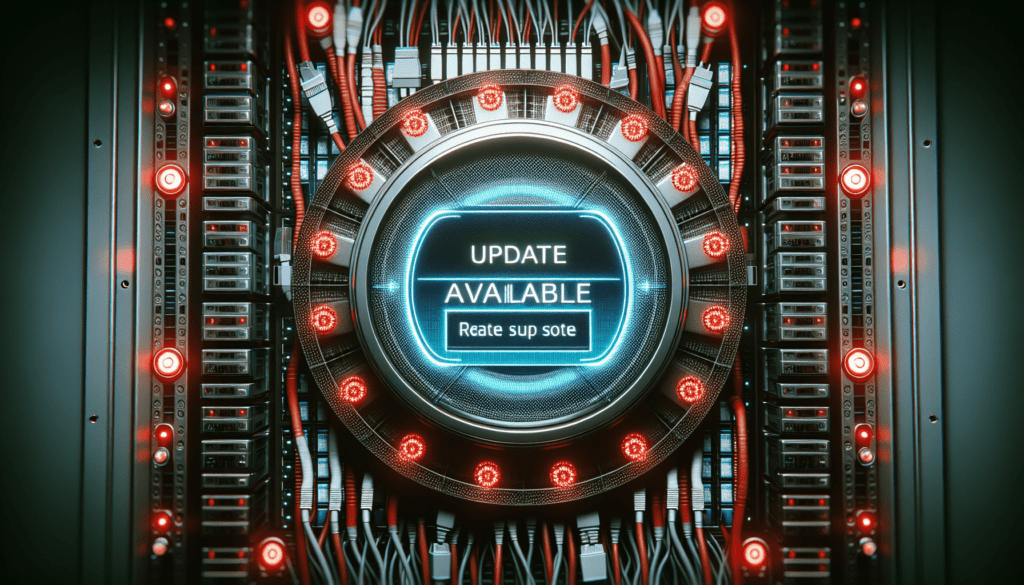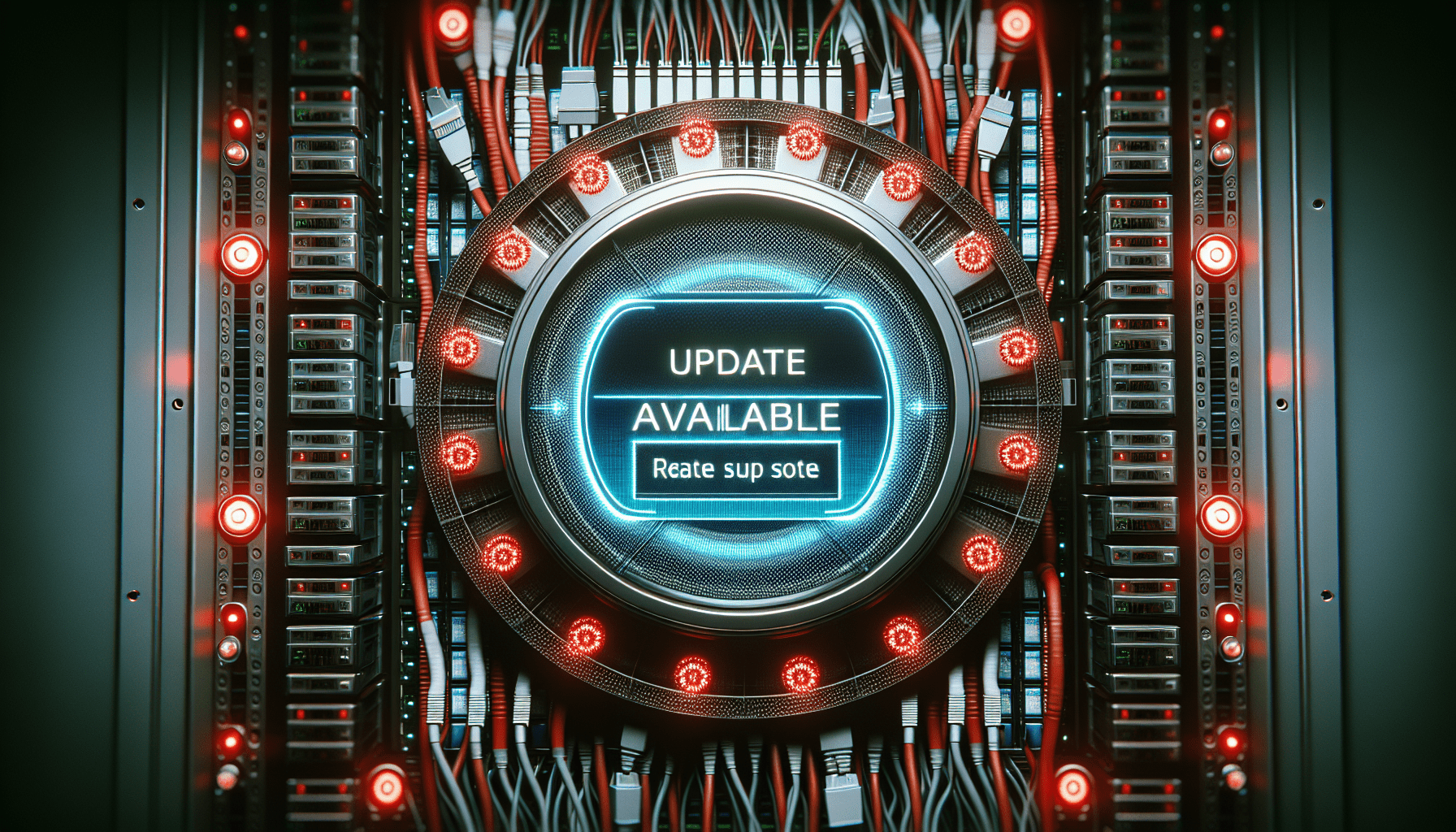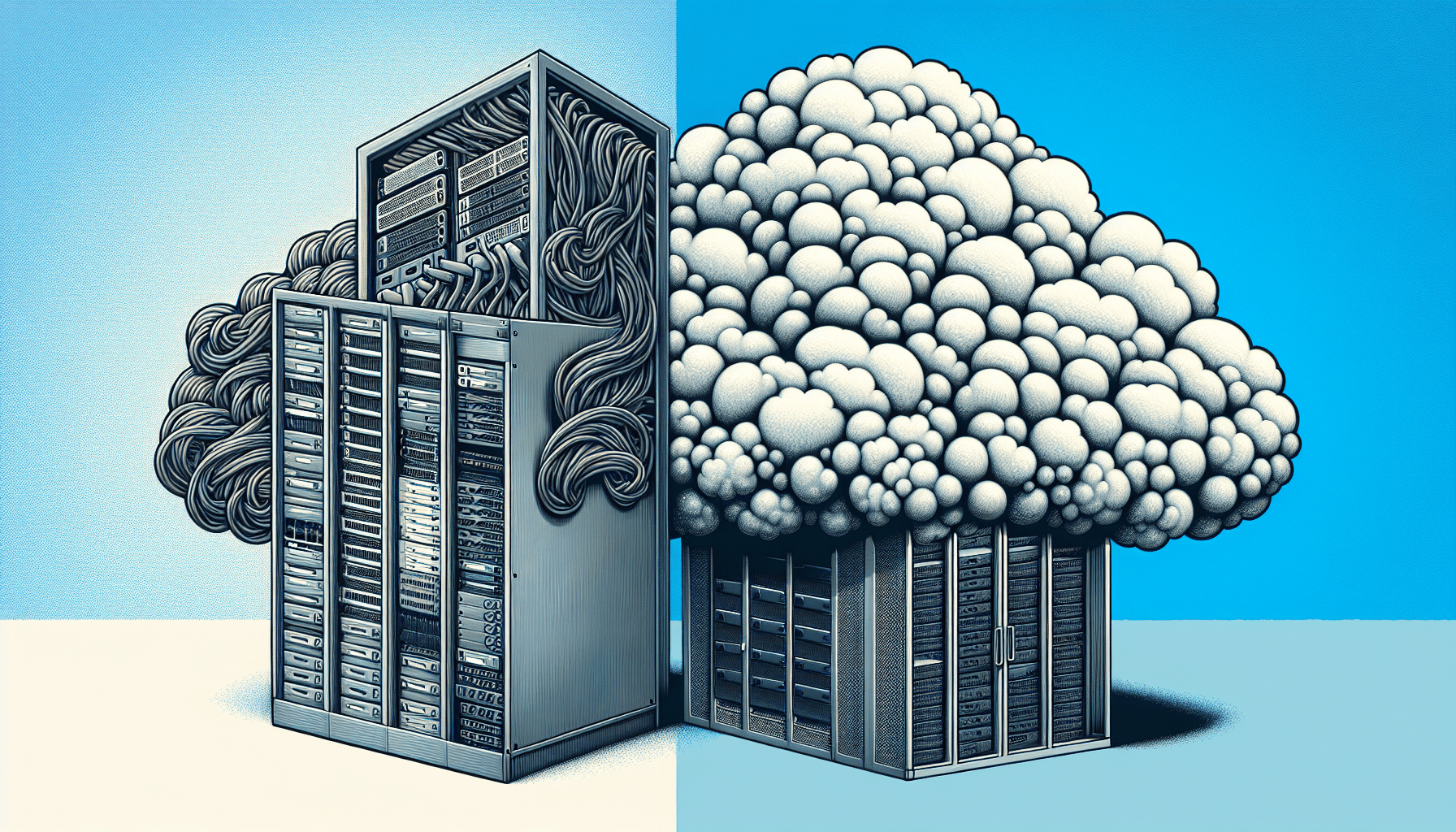The Importance of Regular Server Software Updates And Patches
Have you ever wondered why it’s crucial to keep your server software up to date with the latest patches and updates? In this article, we’ll dive into the importance of regular server software updates and patches and how they can benefit you and your business.

Ensuring Security and Preventing Cyber Attacks
When you keep your server software updated with the latest patches, you are essentially strengthening your defenses against potential cyber attacks. Hackers are constantly looking for vulnerabilities in software to exploit, and by staying up to date with patches, you can significantly reduce the risk of your server being compromised.
Why security is important for your server
Ensuring the security of your server is crucial to protect sensitive data, prevent unauthorized access, and maintain the integrity of your systems. Regular software updates and patches help to address security vulnerabilities and keep your server secure from potential threats.
Enhancing Performance and Stability
Outdated server software can lead to performance issues and system instability. By regularly updating your server software and applying patches, you can ensure that your systems are running smoothly and efficiently. This can lead to improved performance and overall user experience for both you and your customers.
How updates can enhance performance
When you update your server software, you are implementing bug fixes, performance improvements, and new features that can help optimize the performance of your systems. This can result in faster response times, reduced downtime, and improved reliability for your server.
Complying with Regulations and Standards
Many industries have specific regulations and standards that require businesses to keep their software up to date and secure. By regularly updating your server software and applying patches, you can ensure that your business remains compliant with industry guidelines and regulations.
Why compliance is essential for your business
Maintaining compliance with regulations helps to protect your business from legal consequences, financial penalties, and reputational damage. By staying up to date with software updates and patches, you can demonstrate to regulators and customers that you take security seriously and are committed to protecting their data.
Minimizing Downtime and Disruptions
Outdated server software can be prone to crashes, errors, and other issues that can result in downtime and disruptions to your business operations. By keeping your server software updated and patched, you can minimize the risk of downtime and ensure that your systems are running smoothly.
How updates can prevent downtime
Regular software updates and patches help to address known issues and vulnerabilities that can lead to system failures and downtime. By staying proactive with updates, you can prevent potential disruptions and keep your server up and running without any hiccups.

Improving Compatibility and Interoperability
Updating your server software regularly can also improve compatibility and interoperability with other systems and software. By staying up to date with the latest patches, you can ensure that your server can effectively communicate and work with other components in your IT infrastructure.
The benefits of compatibility and interoperability
Having compatible and interoperable systems allows for seamless integration, data sharing, and communication between different parts of your IT environment. By updating your server software, you can avoid compatibility issues, streamline processes, and enhance overall efficiency.
Implementing a Patch Management Strategy
To effectively keep your server software updated and secure, it’s essential to implement a patch management strategy. This involves regularly monitoring for updates, testing patches before deployment, and ensuring that your systems are protected against vulnerabilities.
Tips for effective patch management
- Schedule regular updates: Set up a schedule for regular software updates and patches to ensure that your server remains secure and up to date.
- Test patches before deployment: Before applying patches to your server, test them in a controlled environment to verify compatibility and prevent any potential issues.
- Stay informed: Keep track of software vendors’ security bulletins and announcements to stay informed about the latest patches and updates.
Conclusion
In conclusion, the importance of regular server software updates and patches cannot be overstated. By keeping your server software up to date, you can ensure security, enhance performance, comply with regulations, minimize downtime, improve compatibility, and effectively manage vulnerabilities. Implementing a patch management strategy is essential to stay proactive and protect your server from potential threats. So, remember to stay updated and keep your server secure for a smooth and efficient IT environment.










